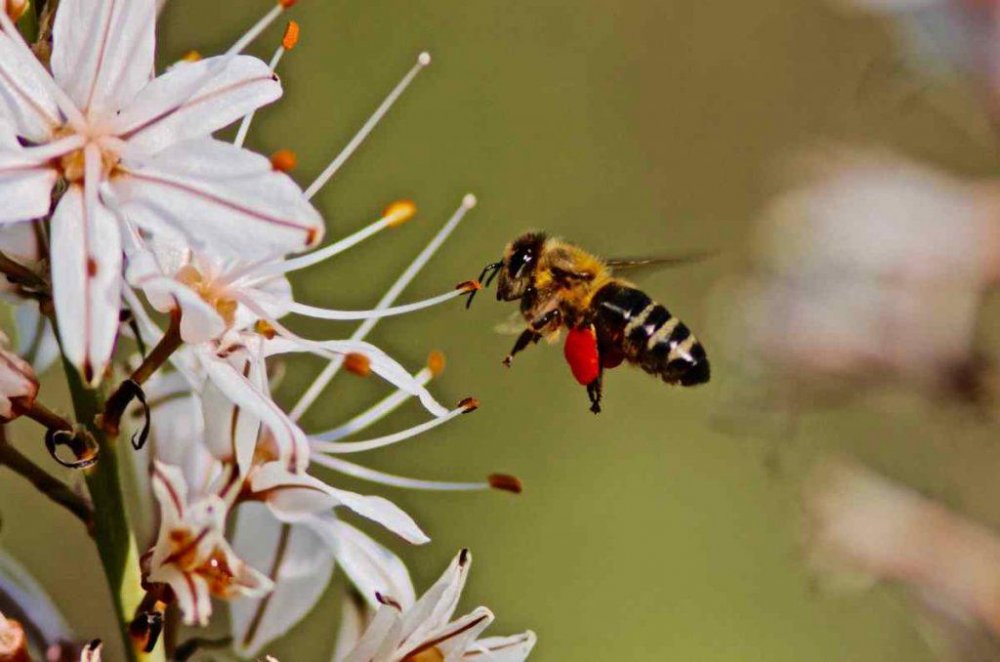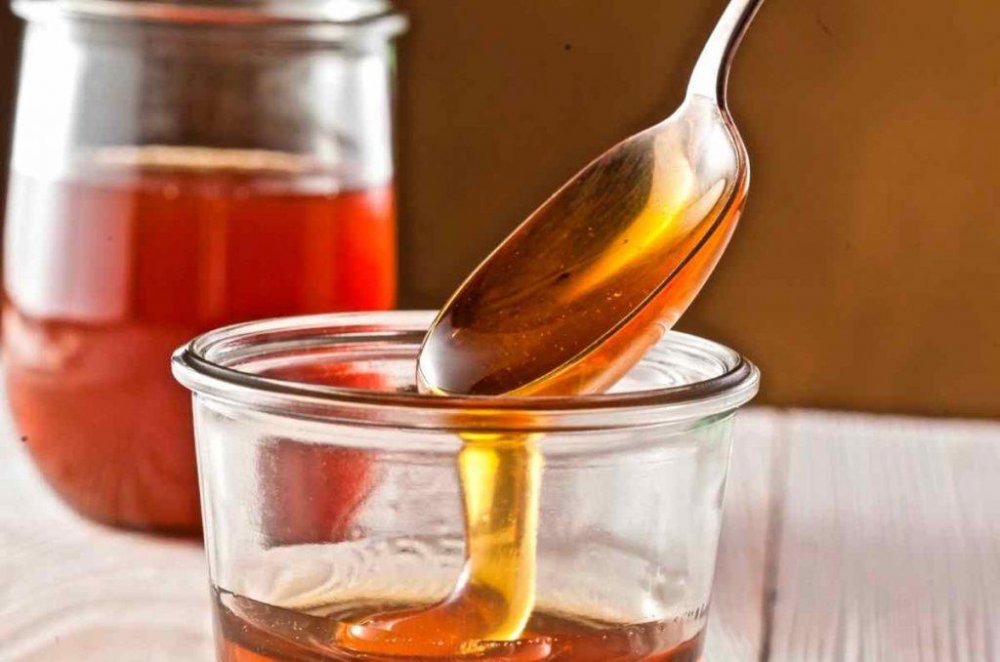Honey tasting
Honey tasting follows a certain procedure. The first step is to check the colour. The characteristic colour of the best-known variety of Greek honey, a combination of flowers and conifers with a good proportion of thyme honey, should be pale gold and semi-transparent when placed in front of light. Darker hues of honey indicate varieties made from forest honeys, while the paler hues are made from blossoms.Honey tasting follows a certain procedure. The first step is to check the colour. The characteristic colour of the best-known variety of Greek honey, a combination of flowers and conifers with a good proportion of thyme honey, should be pale gold and semi-transparent when placed in front of light. Darker hues of honey indicate varieties made from forest honeys, while the paler hues are made from blossoms.
The tasting consists of three stages:
- First impression
- The taste
- The aftertaste
Experienced honey testers can tell just by tasting about the honey`s:
- geographical origin
- vegetal source
Thyme honeys have:
- A strong taste and aroma
- A strong aftertaste with a slight pleasant burning sensation on the tongue at the end
- Dominant scent
Conifer honeys have:
- A more neutral and softer but full taste. Conifer honeys are fairly viscous
- A gentler scent
- Less strong aftertaste
Greek honey is among the best in the world. Its excellent quality comes from being unprocessed, natural and unadulterated, which lead to a particularly pleasing taste and aroma from the wide variety of wild flowers in Greece. Usually thick, it is distinctive in consistency, fragrance and taste.
The Greek flora due to the climatic conditions and terrain consists of multiple areas where a wide variety of plants grow together in a relatively small expanse. This unique feature contrasts with other countries, which produce thinner honeys, indicating that they come from monocultures of a single plant.
Quality however has its cost. The difficulty in collecting honey and the production expenses make Greek honey more expensive in comparison with honeys from other countries. The price difference is nevertheless compensated by its organoleptic and biological superiority, which foreign consumers are also well aware of.


